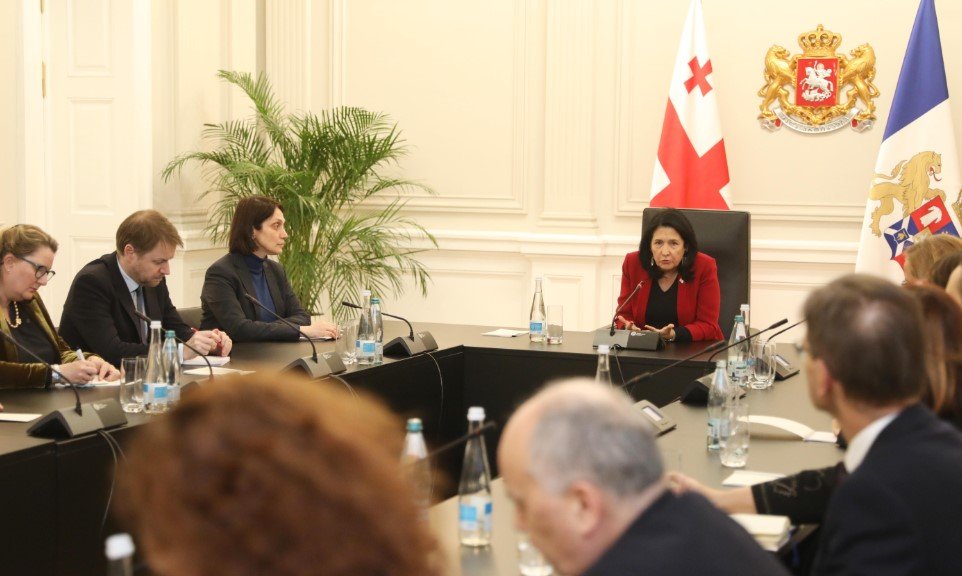Egypt has stepped in to mediate discussions between Iran and the International Atomic Energy Agency amid rising tensions over Tehran’s nuclear program. On August 13, 2025, Egyptian Foreign Minister Badr Abdelatty conducted separate phone calls with Iranian Foreign Minister Abbas Araghchi and IAEA Director General Rafael Grossi to push for renewed cooperation and regional peace.
Background of the Nuclear Standoff
Iran halted its cooperation with the IAEA following a brief but intense 12-day conflict with Israel in June 2025. During that war, Israeli strikes targeted several Iranian nuclear sites, prompting Tehran to accuse the agency of failing to condemn the attacks.
This decision came after Iran’s parliament speaker announced the suspension, citing concerns over the security of nuclear facilities. The move escalated worries about Iran’s nuclear ambitions, which have long been a flashpoint in the Middle East.
Experts note that Iran’s program has advanced rapidly in recent years, with uranium enrichment levels reaching near weapons-grade purity. The IAEA has repeatedly called for transparency to prevent further instability.

Egypt’s Role in Mediation Efforts
Egypt’s involvement highlights its growing diplomatic influence in the region. The phone calls focused on building mutual trust and creating a stable environment for dialogue.
Abdelatty emphasized the need for diplomatic solutions to avoid escalation. This mediation aligns with Cairo’s broader initiatives to foster peace, including past efforts in Gaza ceasefires.
Regional analysts suggest Egypt’s neutral stance makes it a suitable broker. The country has no formal ties with Iran but shares interests in curbing nuclear proliferation.
In a related development, Egypt hosted Iranian officials in Cairo on June 2, 2025, signaling warming relations. These steps could pave the way for indirect talks involving other powers.
Key Discussions and Outcomes
During the calls, participants brainstormed ways to resume collaboration between Iran and the IAEA. Topics included monitoring nuclear sites and addressing unresolved safeguards issues.
Grossi and Abdelatty reviewed recent developments, such as Iran’s increased centrifuge installations. Iran has maintained its program is peaceful, but Western nations remain skeptical.
One potential outcome is a new framework for inspections. Sources indicate both sides expressed willingness to engage, though challenges persist.
To illustrate the timeline of events:
| Date | Event |
|---|---|
| June 2025 | 12-day Iran-Israel war; strikes on nuclear sites |
| June 16, 2025 | IAEA exceptional meeting on strikes |
| June 30, 2025 | Egypt urges diplomacy in IAEA call |
| August 13, 2025 | Egypt’s mediation phone calls |
This table shows the rapid sequence leading to current talks.
Implications for Regional Stability
Reviving nuclear negotiations could ease broader Middle East tensions. With ongoing conflicts in Gaza and Lebanon, a stable Iran-IAEA relationship might prevent wider fallout.
Experts warn that without progress, the UN could reimpose sanctions on Iran by late 2025. This scenario might heighten risks of confrontation with Israel or the US.
On the positive side, successful mediation could boost economic ties. Iran seeks relief from sanctions, while Egypt aims to enhance its role as a regional peacemaker.
Public sentiment in the region varies:
- Many Egyptians support diplomatic efforts to avoid war.
- Iranians express frustration over perceived IAEA bias.
- International observers hope for de-escalation amid global economic pressures.
Challenges Ahead
Despite optimism, hurdles remain. Iran demands guarantees for its facilities’ security before resuming full cooperation.
The IAEA insists on unrestricted access to verify compliance. Past disputes over undeclared sites continue to strain relations.
Geopolitical factors, including US elections in November 2024 and their 2025 fallout, could influence outcomes. European powers are also pushing for talks to avert sanctions snapback.
Balancing these interests will test Egypt’s mediation skills. Failure might lead to increased uranium enrichment by Iran, raising alarm bells worldwide.
Global Reactions and Next Steps
World leaders have welcomed Egypt’s initiative. The US has signaled support for diplomatic channels, while Russia and China advocate for Iran’s inclusion in talks.
Next steps may include in-person meetings in Vienna or Cairo. Analysts predict progress by September 2025, tied to IAEA board sessions.
For now, the focus remains on dialogue to prevent a nuclear crisis. This effort underscores the interconnected nature of Middle East security.
What do you think about Egypt’s mediation role? Share your thoughts in the comments below and spread the word by sharing this article with others interested in global affairs.
